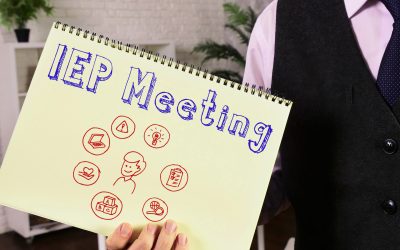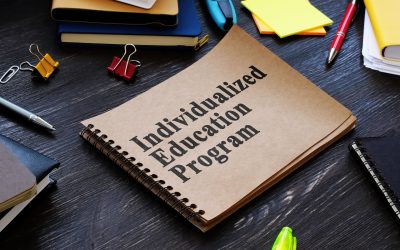Join us for our Fall 2024 Site Administrator Meeting. Network with your colleagues and receive important information on curriculum and instruction, assessments, accountability, legislative updates, and more! Open to Tuolumne County School Administrators.
Site Administrators
Using Data to Understand Student Performance and Improve Student Outcomes
TCSOS is pleased to be hosting a presentation by Dr. Joel Rabin from Inform2Inspire about analyzing and using data to understand student performance and improve student outcomes.
This workshop will be held at TCSOS on Wednesday, May 3, from 3-5 pm in Room 217. This is intended for Superintendents, Site Administrators, Data Managers, and Teacher Leaders.
The main topics to be covered will be:
• Understanding CA School Dashboard scores, what they mean, how close our performance was to receiving higher ratings on the Dashboard, and how our scores compare to others
• Understanding what data analysis means, how to analyze our data effectively, and scheduling data analysis to improve our outcomes
To learn more about Joel’s work, check out his website at: https://www.inform2inspire.com/
CaliforniaStreaming Digital Photography Contest
All entries are due by Friday, March 3, 2023.
Student Records
What is a pupil record as it relates to special education? This training will help administrators understand legal requirements for records better and provide a checklist for responding to requests more quickly, comprehensively, and efficiently.
Red Flags
This training will assist administrators in identifying red flags that indicate potential issues with a student’s program and services. Participants will learn how to anticipate parent requests for services, aide support, and other common requests and what actionable steps districts should take when these warning signs are presented.
Facilitating IEP Meetings
Facilitation is the process in which an individual assists an IEP team with communication and problem-solving strategies so the IEP team can develop a child-focused educational program while maintaining positive working relationships. Administrators will walk away with an understanding of the facilitator role, stages of facilitation, crucial communication and listening skills, and strategies and techniques to facilitate an IEP meeting successfully.
Parent Consent and Exceptions
This training will guide administrators on technical next steps when parents provide full consent to the IEP or sign with exceptions.
Fundamentals of IEP Note Taking
This training is designed to teach IEP administrators best practices for taking IEP notes. Information presented will include what should and should not be stated in the IEP notes, best practices for IEP note-taking, and how to handle disagreements over IEP notes.






